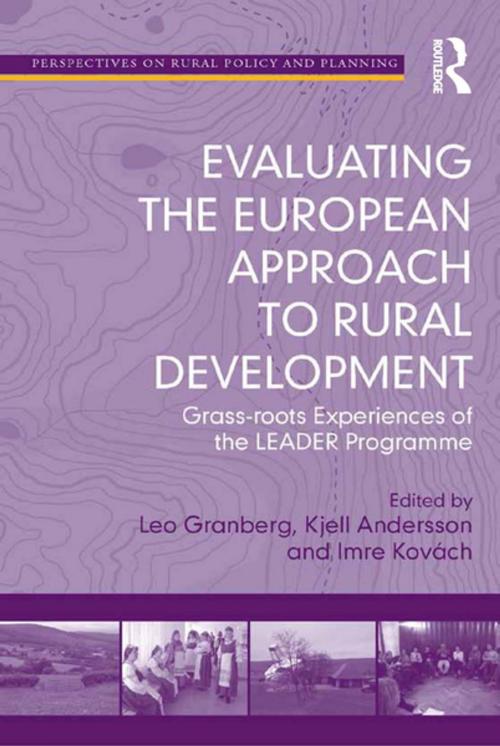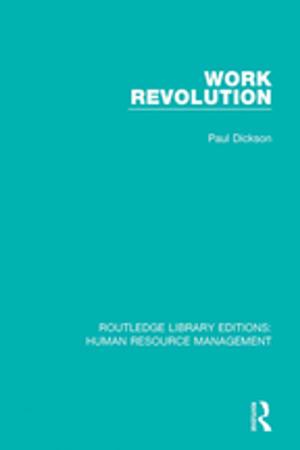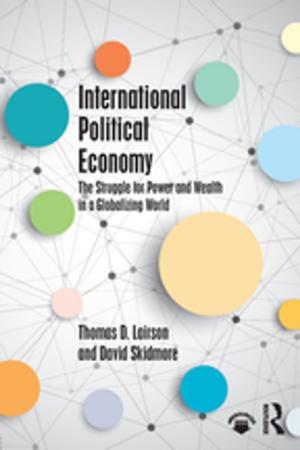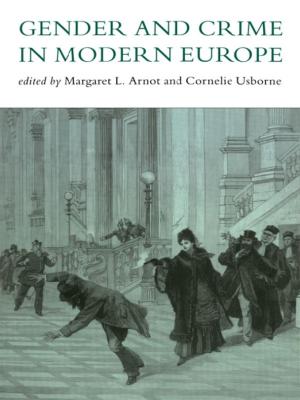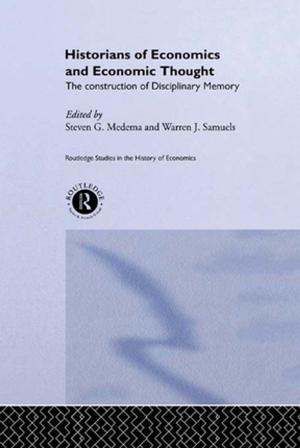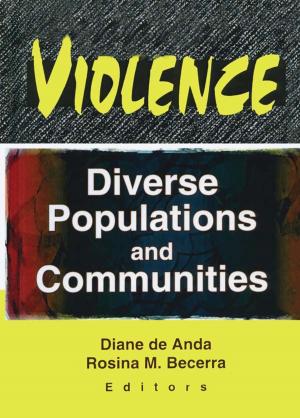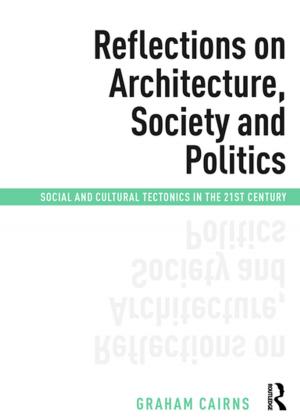Evaluating the European Approach to Rural Development
Grass-roots Experiences of the LEADER Programme
Nonfiction, Science & Nature, Science, Earth Sciences, Geography, Social & Cultural Studies, Social Science, Human Geography| Author: | Leo Granberg, Kjell Andersson | ISBN: | 9781317138754 |
| Publisher: | Taylor and Francis | Publication: | March 9, 2016 |
| Imprint: | Routledge | Language: | English |
| Author: | Leo Granberg, Kjell Andersson |
| ISBN: | 9781317138754 |
| Publisher: | Taylor and Francis |
| Publication: | March 9, 2016 |
| Imprint: | Routledge |
| Language: | English |
The LEADER programme, initiated in 1991, aims to improve the development potential of rural areas in the European Union by drawing on local initiatives and skills. Highlighting this unique policy approach, this book presents up-to-date research results on LEADER’s achievements and restrictions at the local level in a comparative way in order to discuss its merits and problems. What makes LEADER important is not only that it has a major role in rural development efforts, but also that it has a pioneering role in the new type of governance, participatory democracy. Asking whether LEADER strengthens local democracy or not, this book also looks at how it affects the power balance among stakeholders, between national and local actors and between genders. It questions whether LEADER projects are genuinely grass-root level activities, reflecting local needs and ideals; and if the approach brings local know-how back onto the development agenda in innovations and development activities. Finally, the authors examine the success of dissemination of knowledge within the LEADER programme to other regions.
The LEADER programme, initiated in 1991, aims to improve the development potential of rural areas in the European Union by drawing on local initiatives and skills. Highlighting this unique policy approach, this book presents up-to-date research results on LEADER’s achievements and restrictions at the local level in a comparative way in order to discuss its merits and problems. What makes LEADER important is not only that it has a major role in rural development efforts, but also that it has a pioneering role in the new type of governance, participatory democracy. Asking whether LEADER strengthens local democracy or not, this book also looks at how it affects the power balance among stakeholders, between national and local actors and between genders. It questions whether LEADER projects are genuinely grass-root level activities, reflecting local needs and ideals; and if the approach brings local know-how back onto the development agenda in innovations and development activities. Finally, the authors examine the success of dissemination of knowledge within the LEADER programme to other regions.
